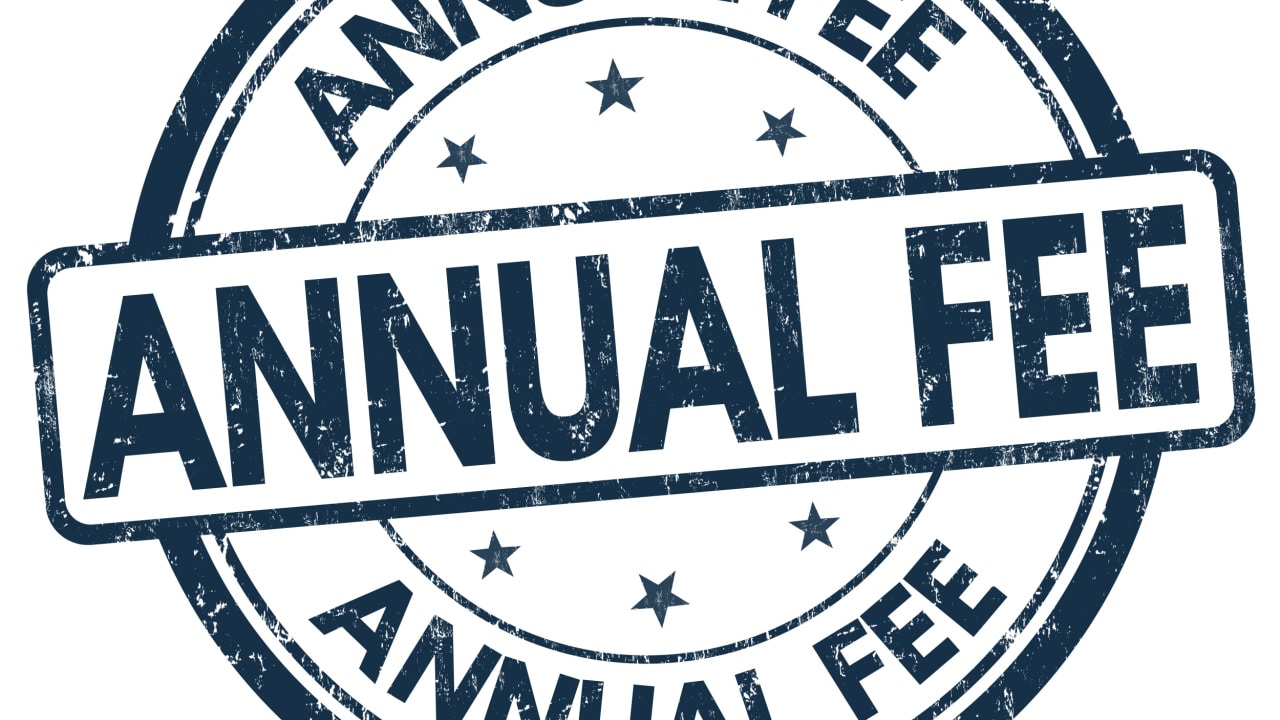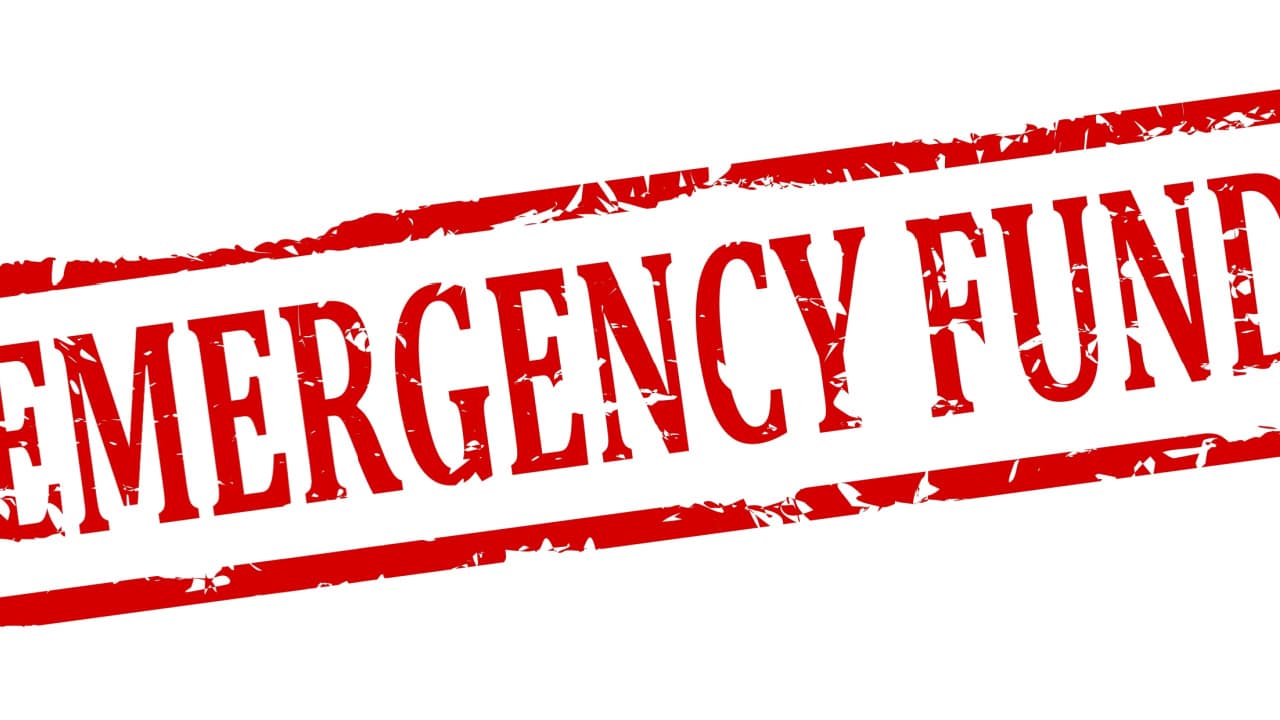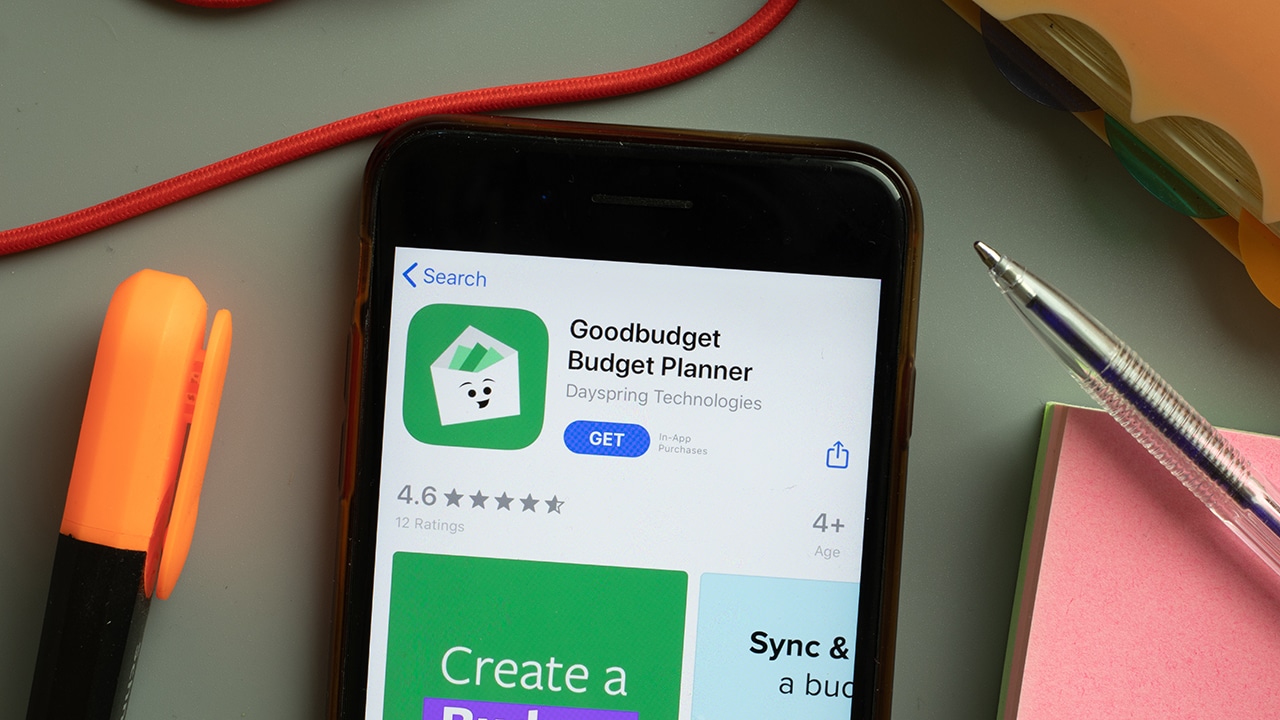Money management is a problem that many Americans are having these days. Sometimes, the daily expenses of life have gotten a little out of hand. But it’s not like we can board ourselves indoors and ignore our bills? Fortunately, there is a method to proper budgeting for all of life’s little obstacles.
1. Set your Goals

No good plan doesn’t have a set of goals outlined. Think about what you are trying to accomplish with your budget. Are you trying to save money, trim away unnecessary spending, get out of debt, or save up to buy a house? Knowing the end result you want before you start is important. Set those goals, and let’s start achieving them.
2. Share your Goals

There is nothing wrong with letting your close inner circle know that you are trying to hit your financial goals. When I let my friends know I was budgeting to try to eventually buy a house, they were accommodating and became a resource for me. We could lean on each other and share tips for saving money. Use your resources; your friends and family could be your most valuable resources.
3. Meet With Your Partner

If you are married and have a joint budget, checking in with your spouse on daily spending is important. They may have necessary expenses that need to be noted in the budget. Remember that you guys are a team, and a good team relies on each other. Talk about what is or is not working, then set the budget accordingly.
4. You Haven’t Given It Enough Time

Please take a deep breath and relax; like many good things, they take time. You might not see a significant impact right off the bat, but over a year, to stick to your budget, you should notice big improvements. Remember to focus on the big picture and try not to get frustrated. Take the initial few months to tweak some numbers to stay on track better.
5. Your Expenses Are Higher Than Your Income

What is the point of having a budget if you spend more than you make every month? You must review your spending habits again and find ways to cut some of your expenses. You may have miscalculated the number of times you bought coffee or went out to lunch. Make the spending adjust to your budget and get back on track.
6. You Aren’t Sticking to It

If you go through all the time and hassle to make the budget, you will want to stick with it. Don’t just hang it on the refrigerator and assume it will take care of itself. Go over it daily to keep yourself honest and know where you are at financially. Make it part of your nightly routine; it will soon become a habit.
7. You Didn’t Leave Any Room for Fun

A budget isn’t a type of discipline; it is a tool. A tool to help you live your best life. That being said, giving yourself a category for fun is important. This could include a hobby like playing golf once a week or splurging in your favorite restaurant on Friday night. Make a spot for these in your budget, or you will go crazy. Life is about balance, so don’t hate yourself for spending money on your entertainment.
8. You Need to Adjust

As I stated earlier, a good budget can and will need some adjustments from time to time. Every month might have different challenges. For instance, December might need more money allocated in different spots due to Christmas shopping, travel, and Holiday parties. Sacrifice some allocated spending for these new expenses, knowing you can adjust them back in January. Keep that budget fluid and evolving at all times.
9. Self Discipline

It would help if you learned to tell yourself no. This can be hard, and I struggle with it constantly. You might need to skip lunch with work friends because you brought lunch and don’t want it to go to waste. You may find a cute sweater on sale, but it’s August, and you don’t need another green sweater. Could you put it back on the rack? You look better in blue anyway. Don’t worry about telling yourself no; I’m sure you will forgive yourself.
10. Hidden Expenses

Odds are the first time you set your budget, you will forget some hidden charges. I completely forgot about automatic payments like gym memberships and online streaming services. The small amounts for little stuff like that can add up quickly, and the next thing you know, you still need $100. Stop and think about all the money you spend every month. If you forget something, add it to the budget and go from there.
11. Annual Charges

Some charges do not come out monthly; they are yearly. Make sure these are in your budget. I’m a freelancer, so I have to factor in my annual taxes at the end of the year. I would be in big trouble if I didn’t save some money throughout the year. Annual expenses like property tax and insurance premiums should be broken down and put into your budget.
12. No Emergency Fund

Financial Experts agree that a person should have enough money saved to pay their bills for up to six months in case of an emergency. Put away some money every month to pad the savings account for when you need it the most. You can borrow if needed, but this account should remain untouched.
13. Try an Online Tool

If you are struggling with your budget, it is okay to reach out for help. Several online tools help keep you accountable and on track of your goals. Find an app or online program that you feel comfortable with and start tracking your spending. The online tools keep track of everything you might have missed if you were doing it with pen and paper.
14. Credit Card Use

Credit cards are great if used and paid off immediately, but the debt they can rack up can be devastating. Many people use their credit cards for special purchases, not ignoring the fact that the interest will come back and hurt them. Stop using a credit card to pad your budget. It will end up costing you more in the long run.
15. Don’t Give Up

I know the overwhelming feeling you can get regarding finances, but please don’t give up. As we stated earlier, tweak your goals if you fail one month, and you might succeed in the next six months. Stay focused on your goals. You got this.
